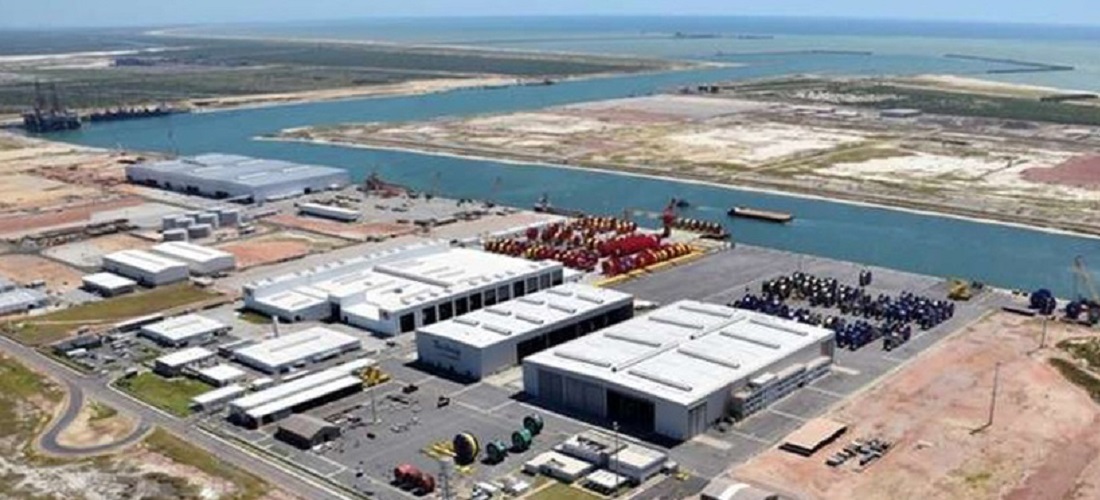
Açu Port Poised to Become Key Logistics Route for Grain and Fertilizer Export
Apr, 10, 2024 Posted by Gabriel MalheirosWeek 202415
During the opening of the Tecnoshow in Rio Verde on April 8th, Daniel Vilela, the Vice Governor of Goiás, emphasized that Porto do Açu is expected to become the primary and most cost-effective route for the export of grains and fertilizers from Goiás in the coming years. “Road haul already brings grains for export via Açu. However, a bigger leap is expected with the implementation of the EF-118 railway, which will connect Espírito Santo to Rio de Janeiro, creating a rail arc and integrating the main ports of the Southeast region,” stated Vilela.
Also during the Tecnoshow opening, José Garrote, President of the Goiás State Pro-Development Association (ADIAL), reiterated the importance of Porto do Açu. “Goiás needs to expand its logistical possibilities. We need to add value to our products, and good logistics is essential for that. We visited Porto do Açu and saw how it can benefit the state. Therefore, creating a rail connection is essential for Goiás.”
Currently, Açu already stands as a competitive logistics alternative for exporting corn, soybeans, and copper concentrate produced in Goiás, as well as importing fertilizers and coal for nickel production in the state. These products, hauled by road transport, represent a significant portion of the cargo movement at the port’s Multicargo Terminal. “We have the capacity to efficiently and safely serve the producers of Goiás. We are a private port, in operation for less than 10 years, which amassed a cumulative throughput of over 80 million tons in 2023, on tops still having room for expansion, and no queue for berthing,” explains João Braz, Commercial and Terminal Director of Açu Port.
The railway connection established with EF-118 will increase cargo movement at the port. “Right off the bat, the railway connection will enable the movement of 26 million tonnes per year, including 8 million tonnes of grains. The forecast is that the railway will transport around 40 million tonnes in the future,” Braz explains.
Complete Logistics Solution
Porto do Açu is also set to address another bottleneck that plagues agricultural producers in Goiás, which is storage. João Braz emphasizes that the scarcity of warehouses, often distant from the production areas, results in marketing pressure at harvest time.
By the second half of 2024, the Multicargo Terminal (TMULT) will have an additional berth for large ships (Panamax with 80,000 tons per ship). The expansion also triples the static storage capacity, set to reach 155 thousand tons, positioning Açu Port as a significant player in agribusiness.
Access to the domestic and international markets is crucial for the success of agribusiness. Difficulties in selling and exporting agricultural products can limit sector growth and negatively impact farmers and producers. “Açu’s infrastructure emerges as a complete platform for Goiás, providing capacity for the state to reduce agribusiness costs (demurrage) by balancing the Brazilian port system,” evaluates João Braz.
-
Ports and Terminals
Jun, 27, 2023
0
Paranagua terminals to ship 9,428,300 t of grains and meals in 3Q23
-
Ports and Terminals
Oct, 08, 2019
0
Port of Pecém performs first manganese shipment
-
Other Logistics
Apr, 15, 2024
0
VLI Invests R$ 200 Million in 168 New Wagons to Enhance Cargo Transport
-
Trade Regulations
Sep, 24, 2021
0
UK proposes emergency deal to import supplies from Brazil



